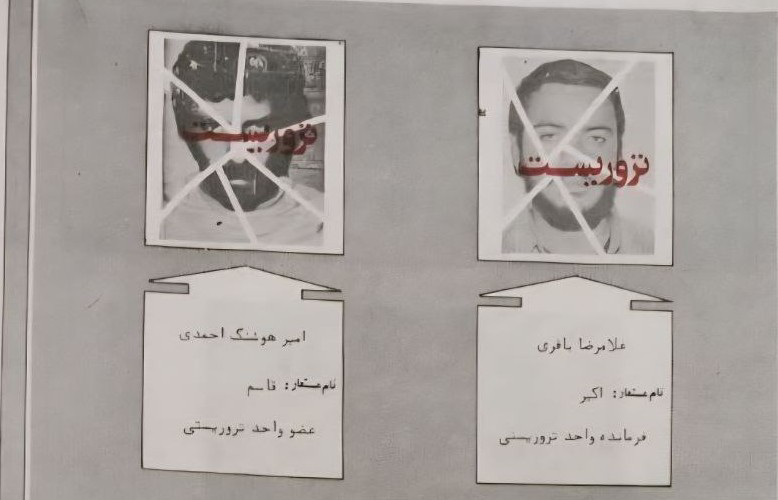 In the dim light of a small carpet shop near Tehran's Javadieh Bridge, a death order signed by Massoud Rajavi was carried out. On September 16, 1982, Mohammad Ali Akbari—a revolutionary carpet trader who was more focused on supporting fighters than on commerce—was martyred in his own shop. His assassination was one of many operations conducted by the Mojahedin-e Khalq Organization (MEK) during the 1980s, a campaign that targeted Iran's national security and its citizens.
In the dim light of a small carpet shop near Tehran's Javadieh Bridge, a death order signed by Massoud Rajavi was carried out. On September 16, 1982, Mohammad Ali Akbari—a revolutionary carpet trader who was more focused on supporting fighters than on commerce—was martyred in his own shop. His assassination was one of many operations conducted by the Mojahedin-e Khalq Organization (MEK) during the 1980s, a campaign that targeted Iran's national security and its citizens.
According to reports, Maryam Rajavi, as a leader of the MEK, has played a prominent role in this history of assassination and crime. For years, under her and Massoud Rajavi's leadership, the MEK has been recognized as a terrorist group responsible for countless operations against officials, security forces, and innocent civilians. One of the most tragic aspects of their record is that their crimes led to the death or injury of over 17,000 Iranians, both ordinary citizens and military personnel. Backed by financial and intelligence support from foreign nations, the MEK carried out numerous assassinations, bombings, and armed attacks, many of which killed patriots and defenders of the homeland.
Among their most significant crimes were the assassinations of the 1980s, which included attempts on the lives of revolutionary leaders and high-ranking officials, as well as mortar attacks on residential areas. These acts not only threatened the country's security but also inflicted deep and lasting wounds on Iranian families and society.
One of their targets was Mohammad Ali Akbari, a supporter of the Islamic Revolution. Born in 1949 in the village of Veshtegan, he later moved to Tehran and opened a carpet shop in the Javadieh neighborhood. He and his brother, Akbar, were active religious and revolutionary figures in the area, having participated in demonstrations during the Revolution and continuing to support fighters afterward. Their activities made them repeated targets of MEK threats.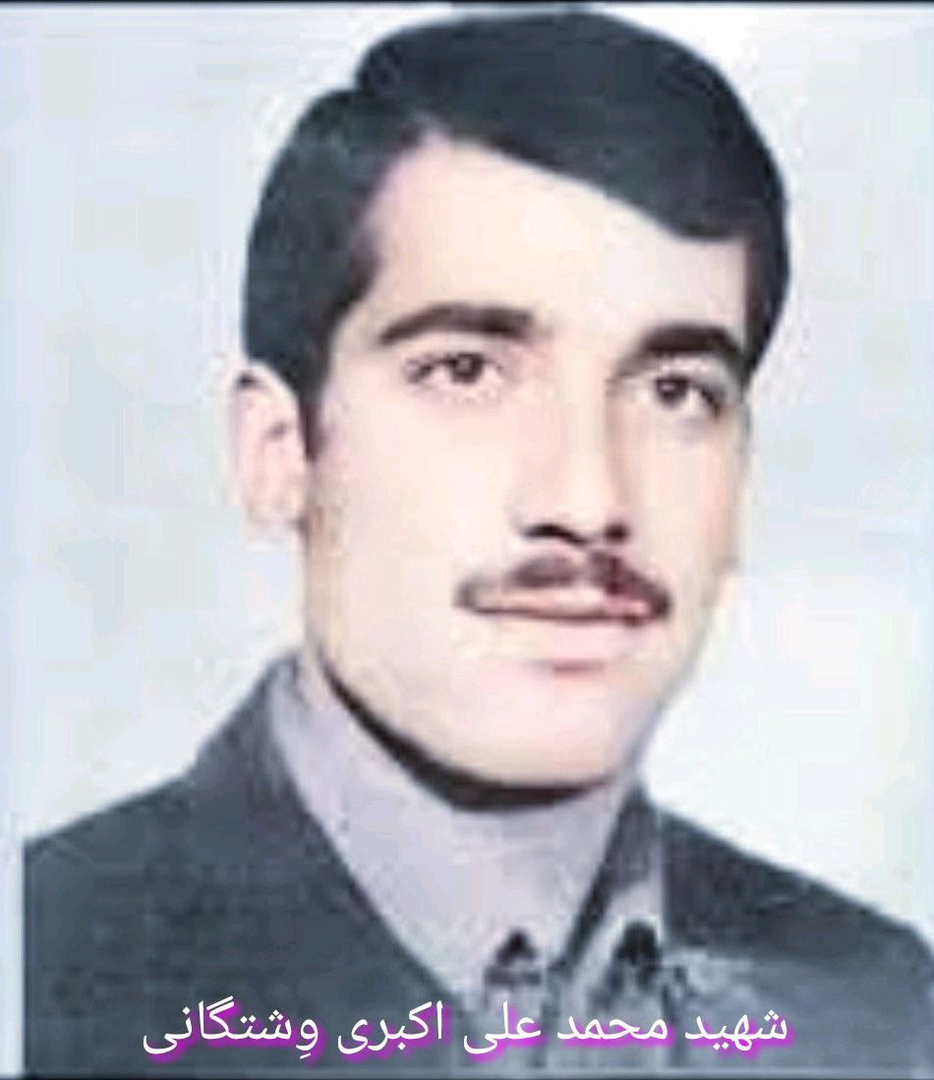 The assassination unfolded on the afternoon of September 16, 1982. Two MEK terrorists entered Akbari's carpet shop and opened fire, martyring Mohammad. Mistaking a customer from Ahvaz for his brother Akbar—who was away in his home village at the time—they severely injured the customer, leaving him disabled for life.
The assassination unfolded on the afternoon of September 16, 1982. Two MEK terrorists entered Akbari's carpet shop and opened fire, martyring Mohammad. Mistaking a customer from Ahvaz for his brother Akbar—who was away in his home village at the time—they severely injured the customer, leaving him disabled for life.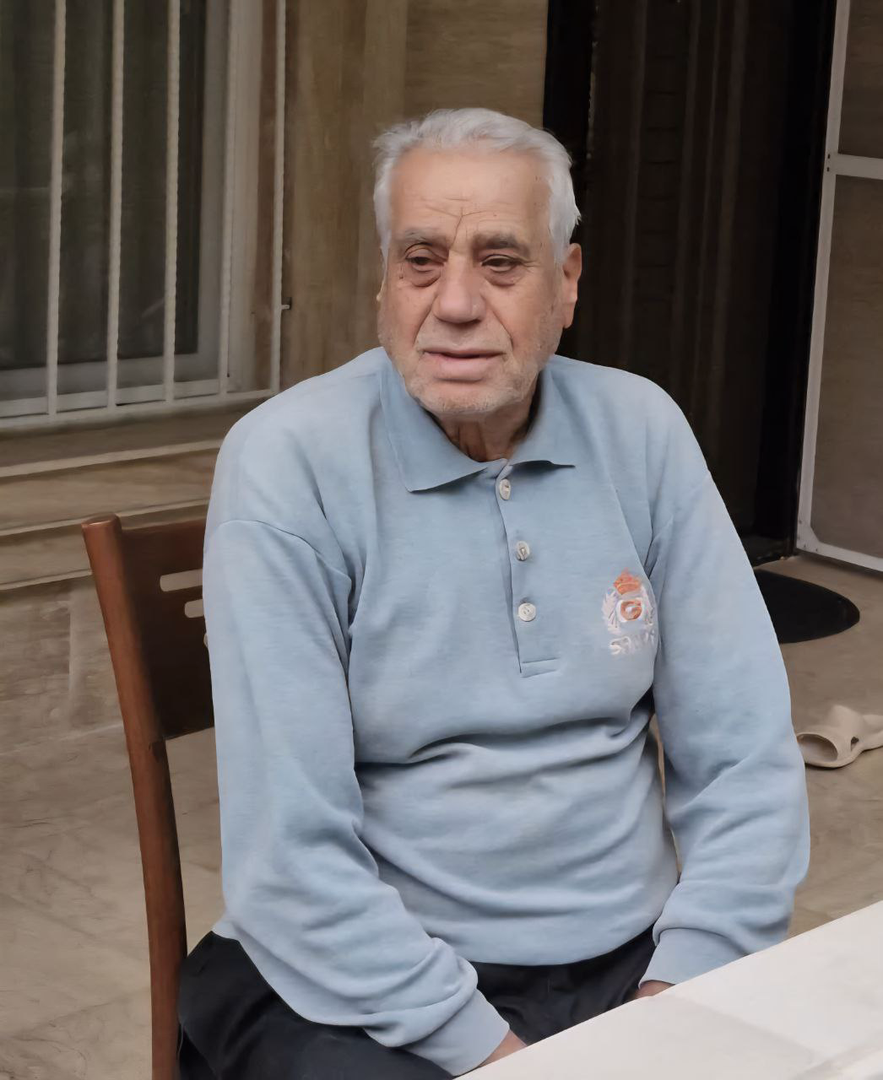 Akbar Akbari, still recalls the events vividly decades later:
Akbar Akbari, still recalls the events vividly decades later:
Some days, when I close my eyes, it all comes back. My brother and I were devoted to the Revolution; I was the 24-year-old head of the local Basij base, and he was responsible for collecting public donations for the fighters. We were warned that Massoud Rajavi had signed a decree for our assassination. At first, we didn’t believe it, but then came the anonymous phone calls and letters left under our shop door.
The attack happened on an ordinary day. I was in Veshtegan with my father, but my brother was at the shop. Witnesses said two men walked in and, without a word, shot him multiple times. They even shot a customer, thinking it was me—he was disabled for life.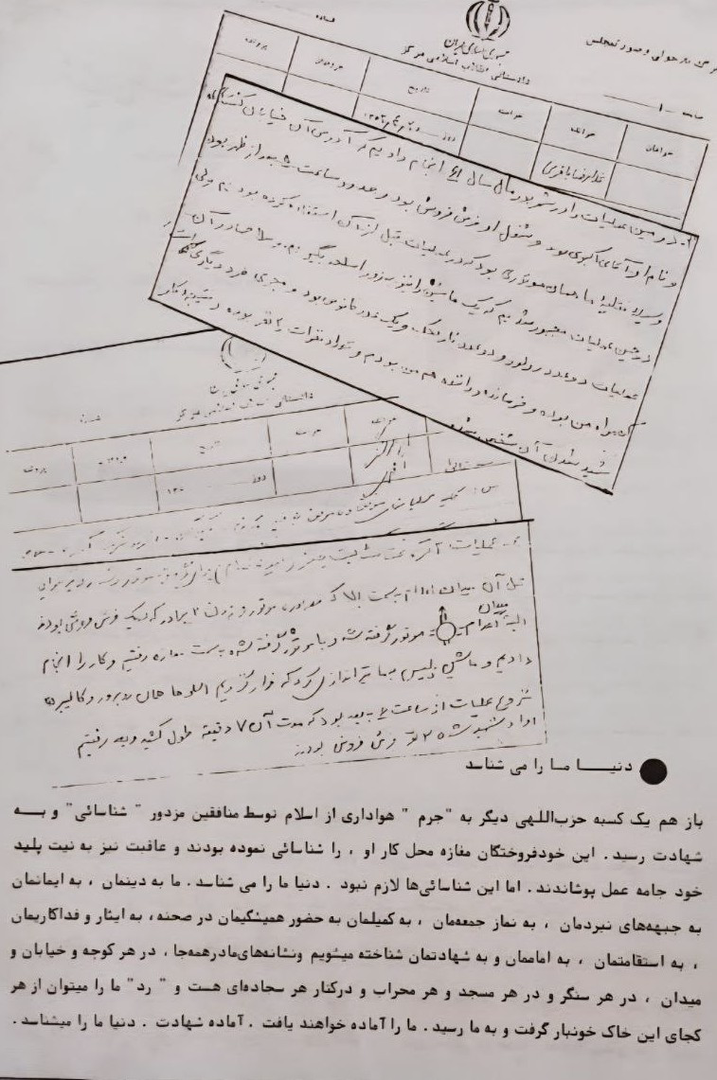 The terrorists, Gholamreza Bagheri and Amir Houshang Ahmadi, were later arrested. They had previously assassinated a butcher on Mokhtari Street. The authorities arranged for me to meet them in Evin Prison. We spoke for three and a half hours, even had lunch together—stew and rice. But there was no remorse in their eyes. They were eventually executed.
The terrorists, Gholamreza Bagheri and Amir Houshang Ahmadi, were later arrested. They had previously assassinated a butcher on Mokhtari Street. The authorities arranged for me to meet them in Evin Prison. We spoke for three and a half hours, even had lunch together—stew and rice. But there was no remorse in their eyes. They were eventually executed.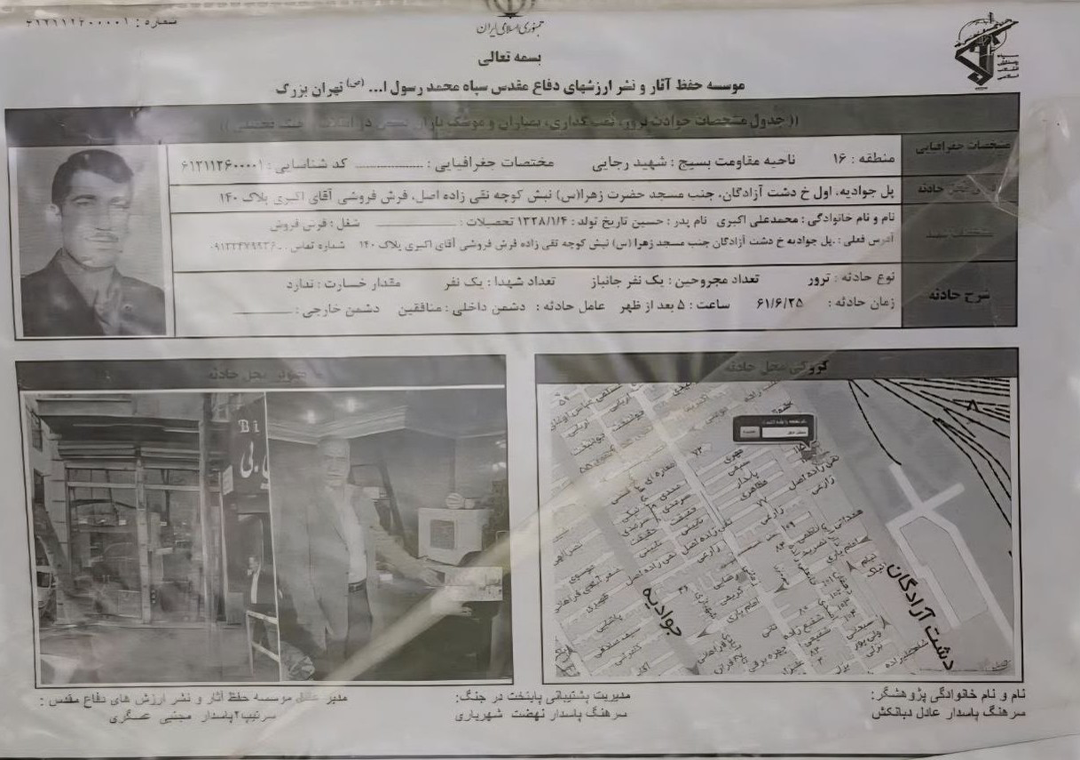 We later learned that these two were behind most assassinations in southern Tehran. My brother left behind three children; I have four. Sometimes, when I look at our old shop, I remember that day—the day we lost him on the threshold of greater victories.
We later learned that these two were behind most assassinations in southern Tehran. My brother left behind three children; I have four. Sometimes, when I look at our old shop, I remember that day—the day we lost him on the threshold of greater victories.
What’s important today is that we stay vigilant against the enemy's new conspiracies to divide our nation.
Reflecting on a life of service, Akbar adds, “I have served the Islamic Revolution since I was fifteen. The experience of these years has taught me that if a nation wishes to preserve its independence and honor, it must stand firm and united, just as we did during the Sacred Defense. Economic problems must not divert us from our main path.
The duty of each of us is to contribute in our own position, like an ant carrying a grain of wheat. We must resolve doubts through dialogue and explain the truthfulness of the Revolution's path. Our prosperity lies in adhering to the Guardianship of the Islamic Jurist and maintaining unity. Today, you will not find another leader in the world who stands against global arrogant powers with such clarity and courage.
“We, the elders of the Revolution, see it as our duty to pass these experiences to the young. Know that following the leadership and preserving unity are the only ways to safeguard the achievements of our forty-year Islamic Revolution.
